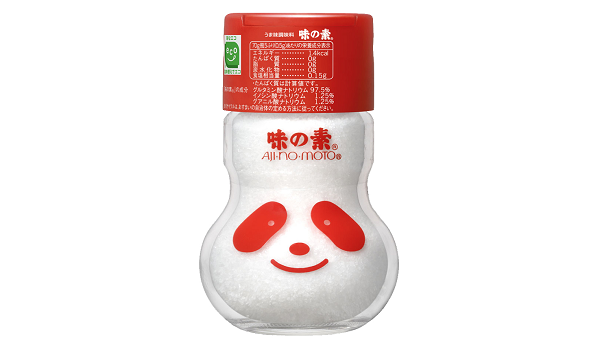Ajinomoto, a specialist firm in amino acid salt reduction, has praised a study by the University of Tokyo, Fukuoka Women’s University, Kagawa Nutrition University, the Tokyo Foundation for Policy Research, and Ajinomoto that demonstrates the potential of umami ingredients, such as glutamate-based substances, to reduce consumer salt intake and improve public health.
The study modeled the salt intake reduction via umami substances in 21,805 Japanese adults using data from the National Health and Nutrition Survey.
The study also found that if the 100% salt reduction scenario were completely replaced by umami substances, salt intake would be reduced by up to 22.3% at the population level, bringing the daily average salt intake for the population down to 7.73g.
The study suggests that approximately 60% of Japanese adults would be able to achieve the national dietary goal of 8 g of sodium per day through the sodium replacement strategy. The study selected food items widely consumed by Japanese consumers, such as soy sauce, miso paste, and processed fish, and found that soy sauce yielded the largest impact of daily salt reduction if replaced with umami substances, up to 0.68g among its consumers.Ajinomoto, who started with the discovery of umami, lauded the findings as crucial in demonstrating the potential of umami substances, such as its well-known monosodium glutamate (MSG) or other sodium-free glutamates, to the public. The company plans to continue promoting initiatives to reduce salt without compromising taste. However, the report also highlighted that the strategy could help consumers hit the national 8g/day target, but it is still some way from meeting the World Health Organization’s recommendations of 5g/day.


